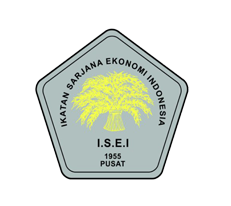PENGARUH PENERAPAN STANDAR AKUNTANSI PEMERINTAH, KOMPETENSI ASN, DAN PENERAPAN GOOD GOVERNANCE TERHADAP AKUNTABILITAS KINERJA INSTANSI PEMERINTAH
https://doi.org/10.34308/eqien.v11i02.958
Keywords:
Accounting Standard; Civil Servant Competency; Good Governance; Performance Accountability In Government InstitutionsAbstract
This study aims to determine: (1) the influence of implementation accounting standard on the Performance Accountability in Government Institutions, (2) the influence of civil servant competency on the Performance Accountability in Government Institutions, (3) the influence of implementation good governance on the Performance Accountability in Government Institutions. The population in this study is the Coordinating Ministry for Economic Affairs of the Republic of Indonesia. Purposive sampling is used as a method of determining the sample in the form of primary data with data collection instruments using questionnaires. The sample to be used is a work unit that is directly related to the Performance Accountability In Government Institutions. This study uses multiple regression analysis techniques. Based on the results of the study, it is known that: (1) the implementation of accounting standards has a positive but not significant effect for the Performance Accountability in Government Institutions, (2) civil servant competency has a positive and significant effect for the Performance Accountability in Government Institutions, (3) the implementation of good governance has a negative but not significant effect for the Performance Accountability in Government Institutions.










